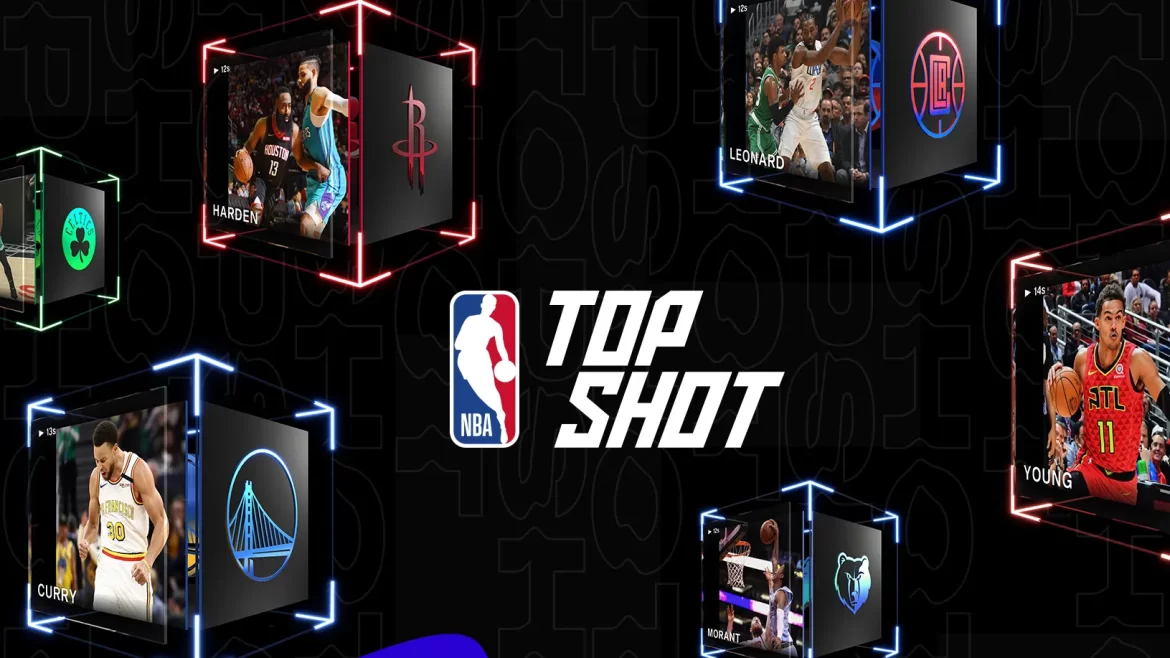As part of the settlement, Dapper will pay out $4 million to the suit’s plaintiffs, the company’s CEO, Roham Gharegozlou, told Decrypt. Those funds include monetary relief for the plaintiffs’ claims, and will also cover legal fees.
In return, if the settlement is approved, the plaintiffs will forfeit any future right to claim that Top Shot NFTs are securities, per Gharegozlou.
“The settlement provides legal clarity and frees the Dapper Labs team up to focus on its core mission—delivering unparalleled experiences for its core users,” the executive said.
Last February, a federal judge ruled—in a major setback for Dapper—that the lawsuit could proceed, given that Top Shot NFTs “plausibly” met the definition of a securities offering.
Key to the judge’s ruling was the fact that Top Shot NFTs live on Flow, a blockchain network originally developed by Dapper. The judge deemed Flow a “private” blockchain, in contrast with networks like Bitcoin or Ethereum, which are not controlled by any one entity.
Further, the judge noted that statements made by Dapper and its representatives, including Gharegozlou, had implied the collectibles would increase in value over time.
The company has insisted in the past—and Gharegozlou maintained today—that Flow is sufficiently decentralized and not under Dapper’s control, given that the network is maintained by the independent Flow Foundation.
The Dapper co-founder added, however, that the class action suit’s plaintiffs demanded “certain business changes” at the company as a condition of the settlement. Those demands, which have been accepted by Dapper, include the company’s relinquishing of any FLOW tokens in its possession allocated for Ecosystem Reserve to the Flow Foundation.
Other demands, such as that third party marketplaces besides Dapper be permitted to transact Top Shot NFTs, and that the company process withdrawals in a more timely manner, were already remedied years ago.
When the suit was first filed in 2021—the heyday of the digital asset boom—it marked one of the first tests of the security status of NFTs. Since then, huge swathes of the crypto fungible token market have come under fire by American regulators.
Except for sporadic circumstances featuring particular facts, NFTs appear to have—at least, for now—avoided such asset class-wide repudiation.
- Frank DeGods Steps Down as DeGods CEO, Successor Confirmed
- Deadfellaz To Debut Ghost Machine NFT Collection on June 5
- Pudgy Penguins NFTs Surpass Bitcoin as Floor Price Breaks $100K
- Pudgy Penguins Release Massive $1.5 Billion PENGU Airdrop on Solana
- Infinite NODE Foundation Acquires CryptoPunks IP
- French Montana Makes History With Song Etched on Bitcoin Blockchain






